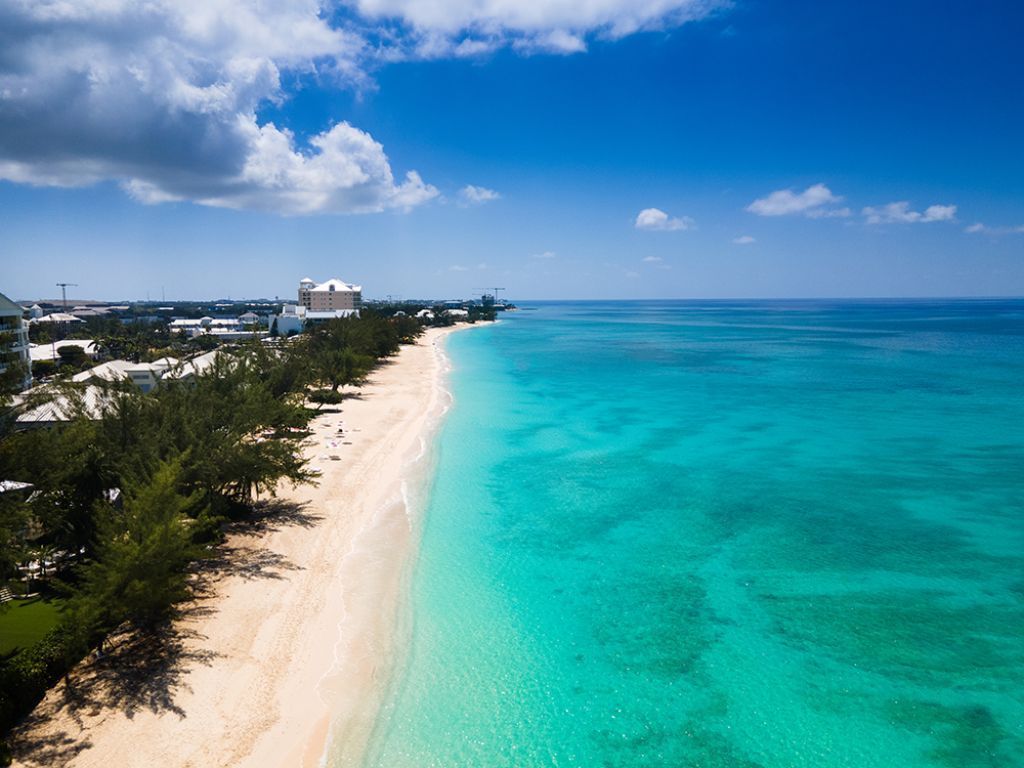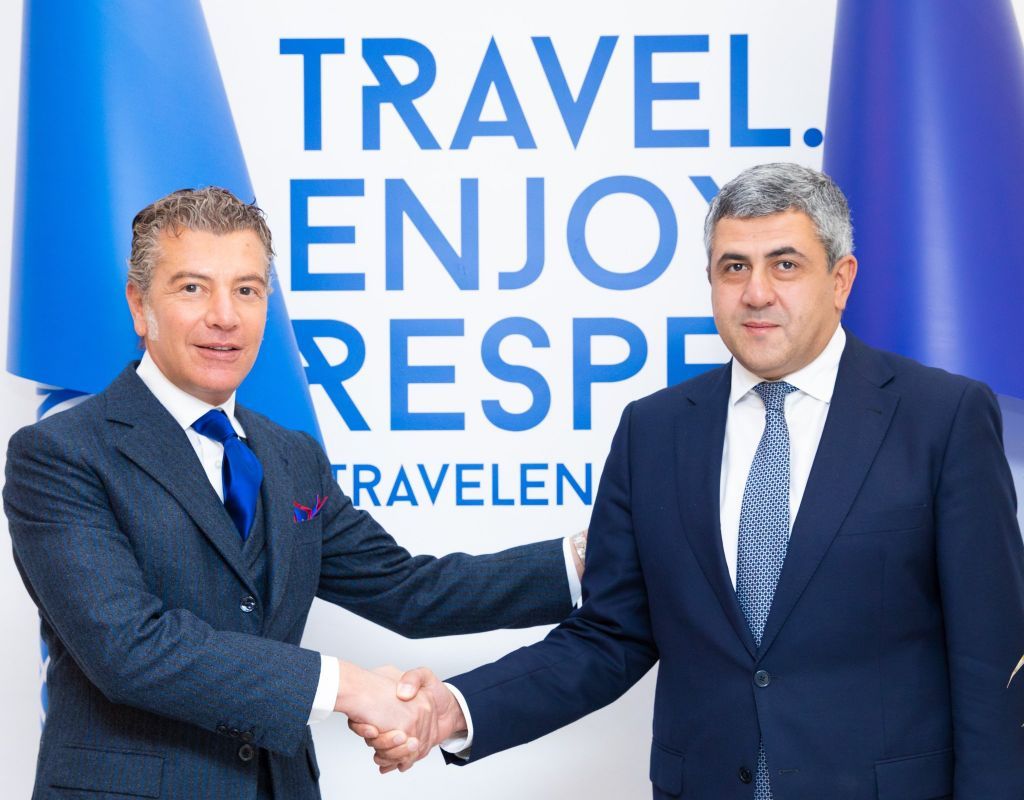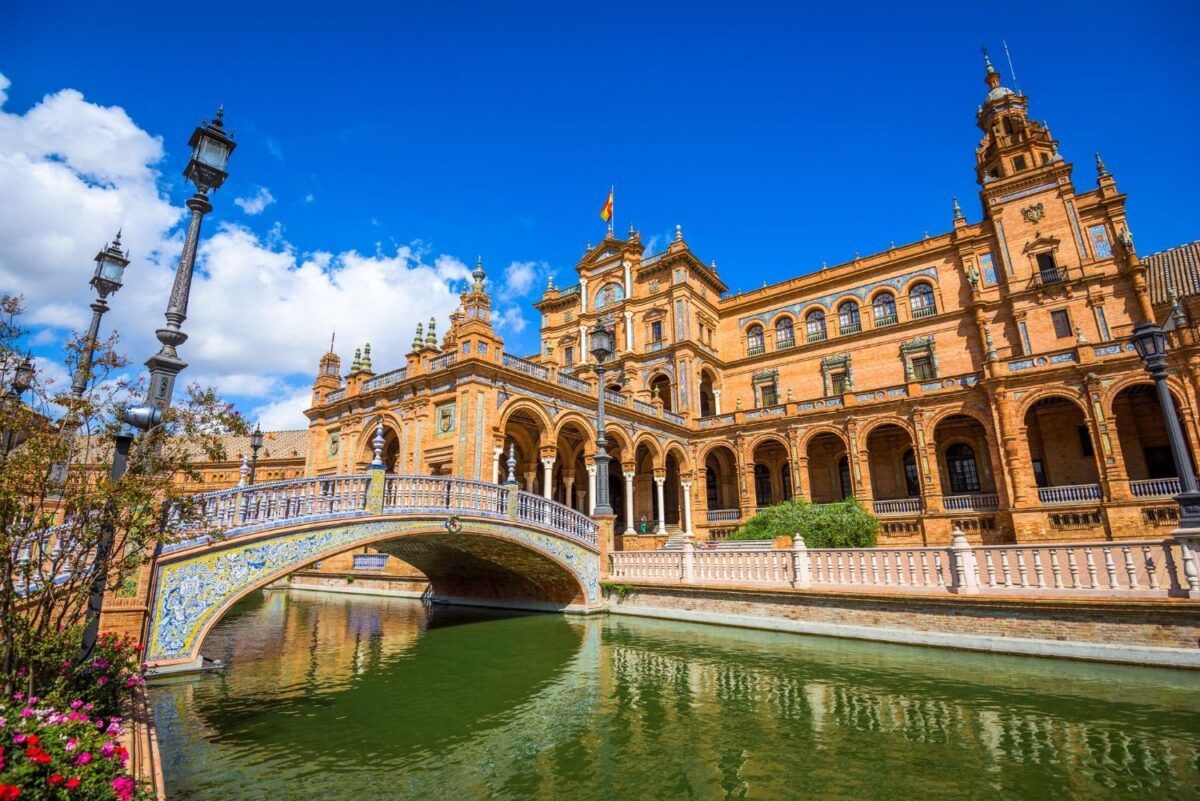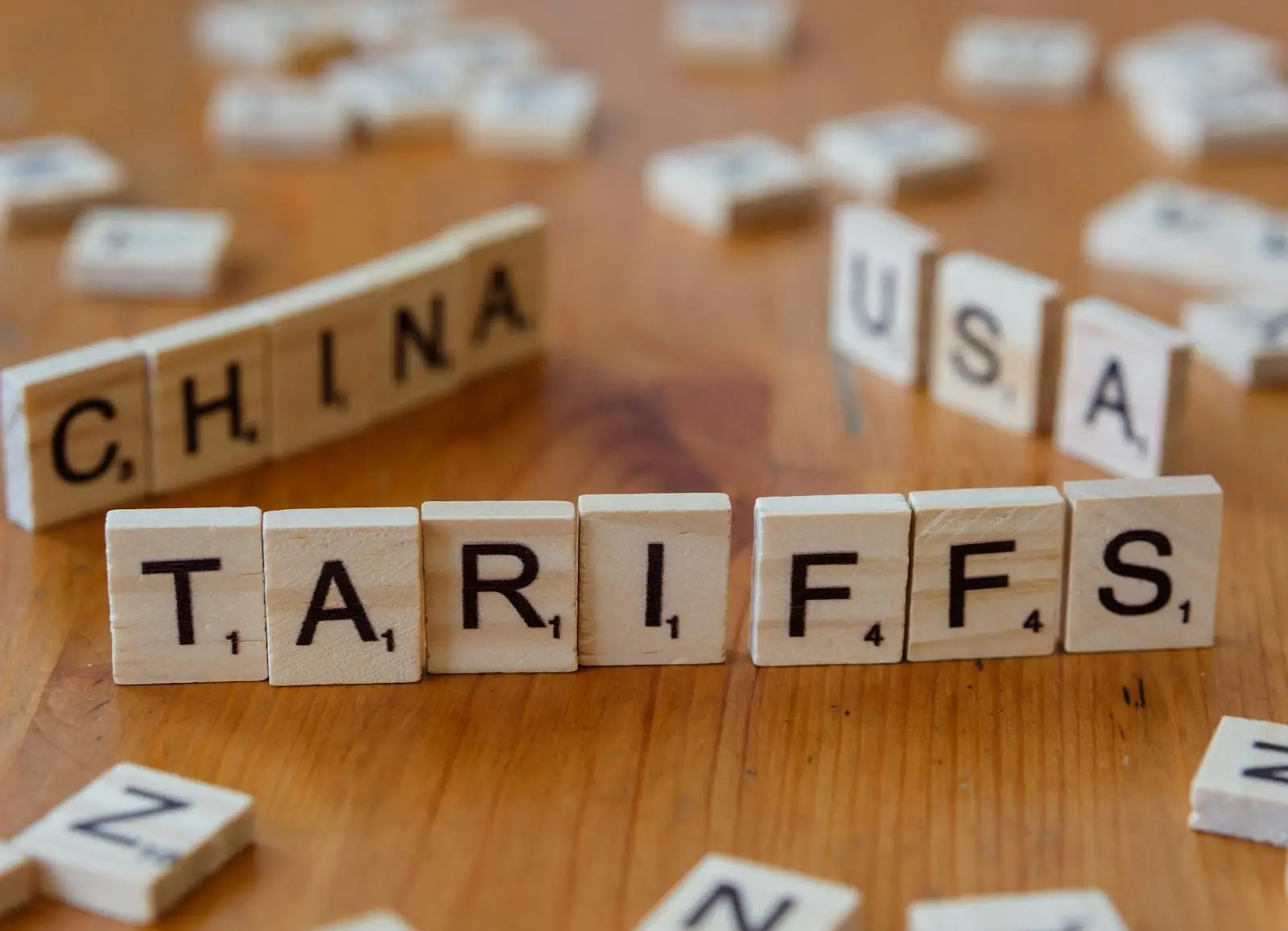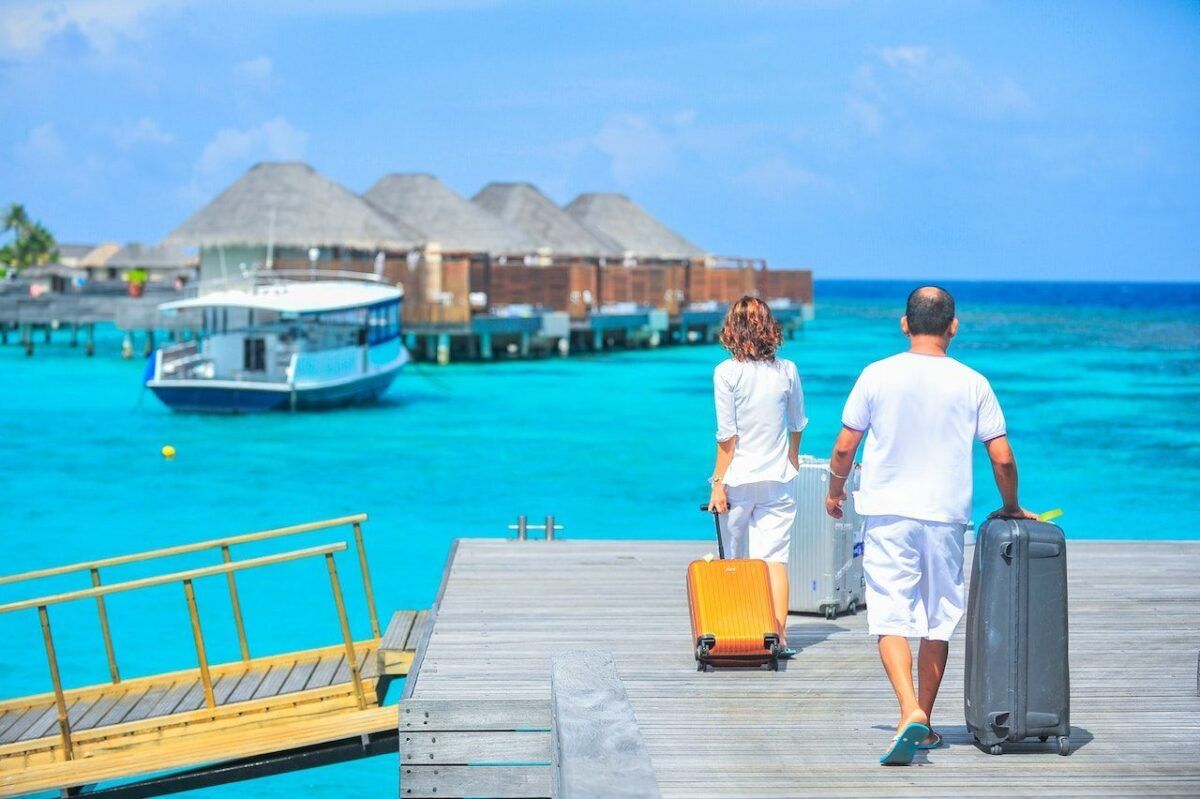Florida-Caribbean Cruise Association (FCCA) – the trade association that represents the mutual interests of destinations and stakeholders throughout the Caribbean, Central and South America, and Mexico, along with Member Lines that operate over 90 percent of the global cruising capacity – announced that the Cayman Islands will host the 2023 FCCA PAMAC Conference as part of the destination’s continued partnership with FCCA to build back cruise tourism even better than its 2019 levels.
“We are honored and excited that the Cayman Islands will host this crucial event for our cruise executives and Platinum Members – and continue the destination’s efforts to build back their cruise tourism better,” said Michele Paige, CEO, FCCA.
“Hosting the event will further advance the Cayman Islands’ initiatives by showcasing the destination to the prestigious audience, along with giving opportunities for strategic meetings.”
The event will take place in 20th – 23rd June, 2023 and gather FCCA Platinum Members with key cruise executives for a series of meetings – including one-on-ones and a joint session between all members and executives that will focus on any topics presented by members, with a spotlight on product development, itinerary development and FCCA’s Employment and Purchasing programs centered on increasing local hires and products used on board – and networking events to build relationships and business.
By hosting the event, the Cayman Islands will showcase local sites, facilities, food, products and more – including its airfare and hotel options – to the influential audience. Additionally, the Cayman Islands can coordinate specialized meetings with the attending executives for government leaders, tour operators, suppliers and entities that foster hiring to help fulfill the destination’s goals established in its strategic partnership with FCCA, including assisting the private sector, improving employment, fostering cruise lines’ purchase of local goods and more that will help Caymanians prosper from cruise tourism.
“The PAMAC conference has never been held in the Cayman Islands before and will allow us to demonstrate that our Islands are open for business,” stated Hon. Kenneth Bryan, Minister for Tourism and Transport.
“As well as providing the chance to network with decision-makers and showcase the unique aspects of our cruise tourism product, the conference will also serve as a vehicle for growing and solidifying new business. I look forward to welcoming the FCCA and Cruise Executives to our Islands, and I am particularly interested in working in collaboration to rebuild our Islands prominence as a leading cruise tourism destination,” he said.
The strategic partnership was formed in April after returning cruise tourism following a more than two-year hiatus subsequent to a site visit by FCCA and cruise executives that included a series of meetings with government and health officials. Through the partnership, the Cayman Islands aims to maximize the benefits of cruise tourism, which generated $224.54 million in total cruise tourism expenditures, in addition to $92.24 million in total employee wage income, during the 2017/2018 cruise year, according to the Business Research & Economic Advisors report “Economic Contribution of Cruise Tourism to the Destination Economies.”
As part of the partnership, FCCA is not only guiding the Cayman Islands government on enhancing their product and increasing cruise calls, but also facilitating new experiences to offer cruise companies and collaborating with the local private sector.
The agreement also utilizes FCCA’s cruise executive committees, including ones focused on employment and purchasing, for a series of meetings and site visits focused on the Cayman Islands’ objectives, as well as giving open access to and assistance from the FCCA Executive Committee, comprised of presidents and above of FCCA Member Lines.
Other features of the strategic partnership include a focus on converting cruise guests to stay-over visitors, promoting summer cruising, engaging travel agents, creating consumer demand and developing a destination service needs assessment that will detail strengths, opportunities and needs.

